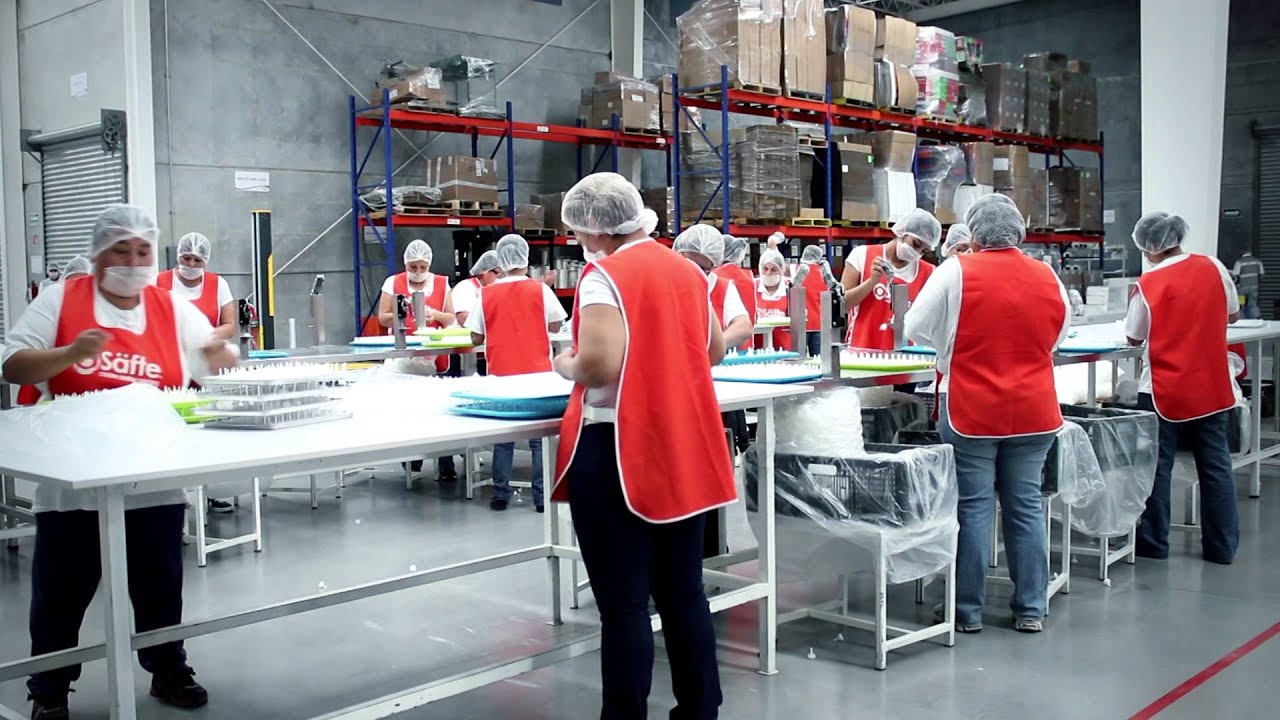
The packaging industry is undergoing a transformation. At the heart of this change are food packaging companies that are embracing more sustainable practices. One of the most significant developments is the rise of reusable and refillable systems—solutions that offer both environmental and commercial benefits.
Modern contract packers are playing a key role in this shift. By integrating reusable food packaging and refillable pouch systems into their services, they are helping brands reduce waste, save on materials, and meet growing consumer demand for sustainability.
The Problem with Traditional Packaging
For decades, single-use plastics and non-recyclable materials dominated food packaging. While these materials were cheap and effective, they also contributed significantly to the global waste crisis. Today, consumers are more informed and concerned about the environmental footprint of the products they buy. Brands that fail to adapt are losing trust—and market share.
Food packaging companies have been forced to rethink their strategies. This is where sustainable contract packing steps in.
The Role of Contract Packers in Sustainable Packaging
Contract packers, or co-packers, are third-party service providers that handle the packaging process for brands. They’ve traditionally focused on speed, cost-efficiency, and quality control. But the new wave of eco-friendly packaging solutions is changing their priorities.
Leading food packaging companies are now investing in systems that support reusability and refillability. Instead of using single-use plastic, these packers are working with materials that can be reused multiple times or easily refilled. This minimises waste and helps brands align their sustainability goals.
Reusable Food Packaging: A Smarter Alternative
Reusable food packaging involves containers, pouches, or boxes that are designed for multiple uses. Contract packers are helping brands switch to these models by handling everything from design to logistics.
For example:
- Glass jars and metal tins for sauces, spices, and snacks.
- BPA-free plastic containers with resealable lids.
- Refillable pouches with spouts for liquids and semi-liquids.
These systems are not only better for the environment but also enhance brand image. Consumers are more likely to remain loyal to companies that demonstrate genuine care for the planet.
Refillable Pouch Systems: Innovation Meets Convenience
Another growing trend is refillable pouch systems. These are particularly popular for sauces, condiments, and even pet food. Contract packers have adopted machinery and processes that make it easy to fill, seal, and ship these pouches at scale.
These systems:
- Reduce the need for rigid packaging like glass or metal.
- Offer lightweight options that lower shipping costs.
- Encourage consumers to refill at home or in-store.
Many food packaging companies now offer subscription models or in-store refill stations that align with these systems, further reducing waste and packaging costs.
Why Brands Should Care
Sustainability is no longer a niche interest. A large portion of today’s consumers actively seek products with eco-friendly packaging solutions. Regulatory pressures are also increasing, with governments encouraging or mandating reduced plastic use.
By working with food packaging companies that understand sustainable contract packing, brands can future-proof their operations. They can meet regulations, reduce costs in the long run, and appeal to eco-conscious buyers.
Challenges to Overcome
Adopting reusable and refillable systems isn’t without challenges. Initial costs can be higher, and operational changes may be needed. But the long-term benefits outweigh these hurdles.
Modern contract packers help ease the transition by:
- Offering scalable pilot programs.
- Managing supply chain adjustments.
- We provide performance data to guide future decisions.
The Future of Food Packaging
The shift toward reusable and refillable systems is not a passing trend—it’s the future of the industry. Food packaging companies that invest in sustainable contract packing today will lead the market tomorrow.
As consumer behaviour shifts and environmental concerns grow, demand for eco-friendly packaging solutions will only increase. Modern contract packers who prioritise sustainability are not just service providers; they are strategic partners in building a better, greener future.
